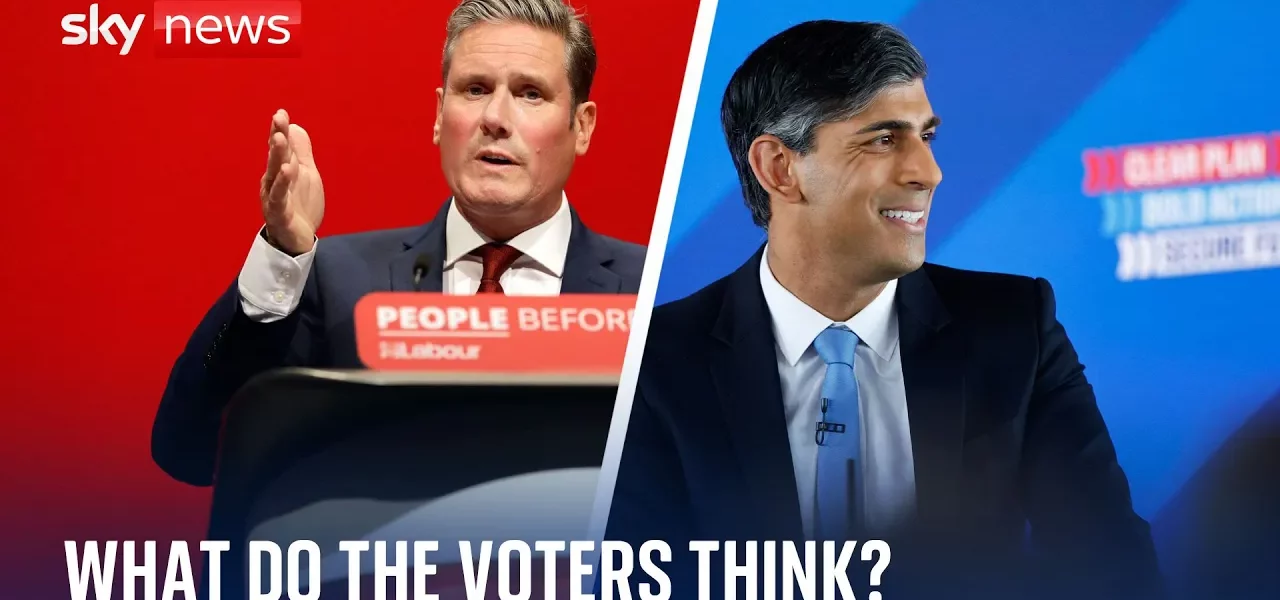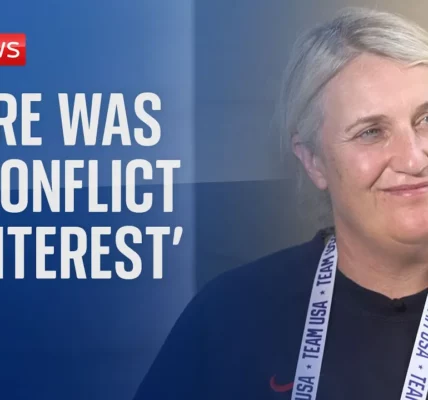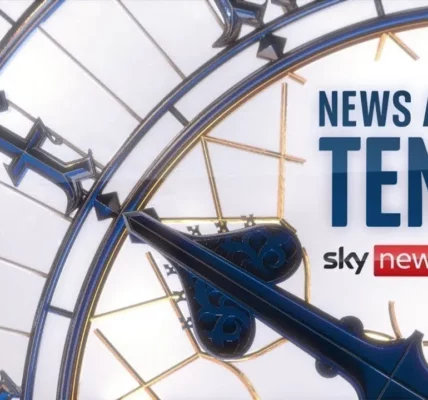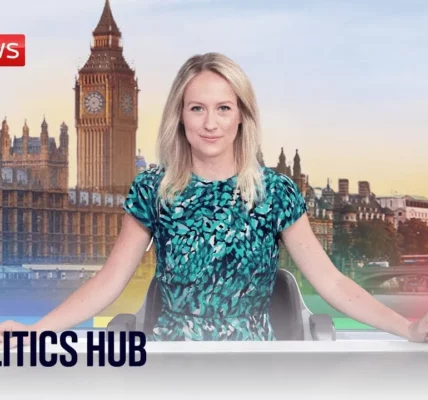Political Sentiments in Grimsby: A Turning Tide?

This article explores the evolving political landscape in Grimsby, highlighting public sentiments towards key political figures such as Rishi Sunak and Keir Starmer, and examining the broader implications for the UK’s political future.
Introduction
In the early morning hours, as the bidding for fish begins in Grimsby, the air is thick with tension—not just over the high prices of fish, but also regarding the shifting political sentiments in the region. This article delves into the recent visit from Boris Johnson and discusses how local perspectives have shifted in light of significant national events, including the cost of living crisis and the pandemic. The political landscape is changing, and the implications for businesses and the community are profound.
The Impact of Boris Johnson’s Visit
Boris Johnson’s visit to Grimsby five years ago left a lasting impression on the residents. His charismatic presence was likened to that of a film star, captivating the local populace. However, the political climate has undergone substantial changes since then.
Public Reception
While Johnson received an enthusiastic welcome, the current political leaders may not evoke the same response. Factors contributing to this change include:
- The ongoing cost of living crisis
- The pandemic’s long-lasting effects
- The geopolitical strain resulting from the invasion of Ukraine
Current Political Landscape in Grimsby
The political dynamics in Grimsby are shifting, with a notable change in party support among constituents. Polls indicate that while traditionally Conservative seats, many voters are now leaning towards Labour. Key issues influencing this shift include:
Voter Trust in Political Parties
Recent surveys show that trust in both major political parties is waning, with Labour slightly ahead:
- 30% of voters believe Labour would handle the economy better.
- 40% trust Labour more with the NHS.
- On immigration, 24% prefer Keir Starmer compared to 18% for Rishi Sunak.
Public Sentiment Towards Political Leaders
In terms of likability and potential leadership, opinions are divided. Polls suggest a significant percentage of voters remain undecided:
Who Do Voters Prefer?
When asked who would make the best Prime Minister, Keir Starmer edged ahead, but the majority of respondents (44%) were unsure. This uncertainty reflects a broader dissatisfaction with available options:
- Voters express confusion and disappointment regarding both candidates.
- Many feel neither party has successfully addressed their primary concerns.
The Future of Politics in Grimsby
As the political landscape evolves, the upcoming engagements between Rishi Sunak and Keir Starmer will be crucial. Their ability to address the pressing issues faced by constituents will not only influence their individual prospects but could also reshape the political future of Grimsby.
Key Issues to Address
Voters have indicated several key issues they wish to see addressed in the upcoming campaigns:
- Economic recovery and stability
- Healthcare improvements and NHS funding
- Immigration policies and community integration
Conclusion
In summary, the political climate in Grimsby is experiencing a significant transformation, driven by a combination of local sentiments and broader national issues. As we move closer to the election, the responses from Rishi Sunak and Keir Starmer will be critical in determining their appeal to voters. The uncertainty and dissatisfaction expressed by the public highlight a pivotal moment in British politics, where effective communication and policy proposals could sway undecided voters. It is essential for both leaders to listen to the concerns of the electorate to regain trust and support.
For continued updates on political developments and insights into the evolving dynamics in Grimsby and beyond, stay tuned to our website.
“`




